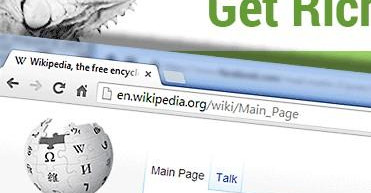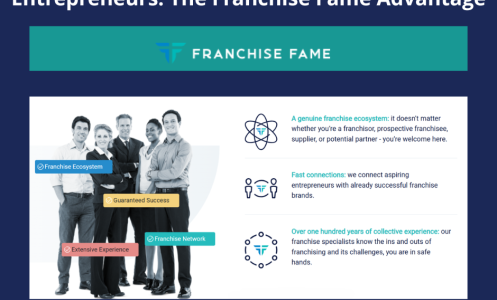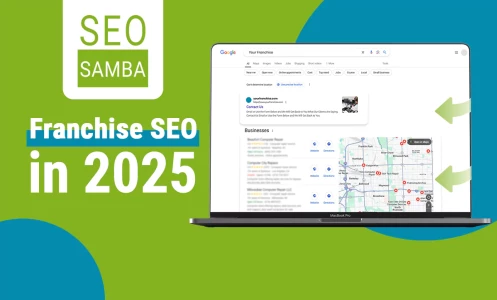
"The greater the number and quality of Wikipedia articles, the greater the number of people will link to us, and therefore the higher the rankings (and numbers of listings) we'll have on Google." – Wikipedia.com
In January 2001, a feeder project to Nupedia with the goal of making a publicly editable encyclopedia, and the supporting technology choice of using a wiki, gave birth to Wikipedia. By the end of 2001, with roughly 20,000 articles, Wikipedia overshadowed all but three websites in terms of SERP visibility.
Indeed, collaborative writing does create vast amounts of information, which, in turn, enhances visibility. However, Wikipedia's organic search success is due to more than just content.
Platform and Automation
Highly search engine-optimized pages, navigation, technical readability, and linking structure are all vital. Two hundred and fifty million internally optimized links help Wikipedia's SEO efforts tremendously. Search optimized internal links across related and high-quality pages make a world of difference, but manual coding is not an option to execute deep links consistently over time. Additional flexibility is needed because websites and lead generation mini-sites are not geared towards being know-it-all encyclopedias.
The good news is that search engines like when content is segmented across a number of domains (links spread across root domains is a sign of quality). Platforms that scale efforts across multiple domains work best. Wikipedia uses MediaWiki. What do you use?
Quality is Key
Content should at least be equal to that of sites one wishes to beat in SERPs. This requires ongoing thinking in the absence of hundreds of thousands of Wikipedians. Utilizing interns or offshore writers might be good sources to cost-effectively meet the quality threshold.
Volume Matters
Thirteen million articles filled with original and relevant content provide a good level of visibility. Wikipedia counts 165 million inbound links.
However, what is less known is that pages start with a nominal value, in terms of page rank. As a result, the more pages there are, the more page rank is created which can be passed throughout a network of pages and websites.
Manage Link Equity
Wikipedia works as a vortex that sucks out inbound link equity (a.k.a. Google Juice) from outside the network and never sends it back. This is due to the systemic implementation of the infamous rel="nofollow" tag. Links should be followed within one's corpus of websites as well as contextual outbound links to authoritative websites. "No follow" tags should be used for others. Most of this can be automated.
A technical framework built to scale should be selected and exceptions to the rules, managed.
And, like Wikipedia, "the rich (will) get richer."
Michel Leconte






